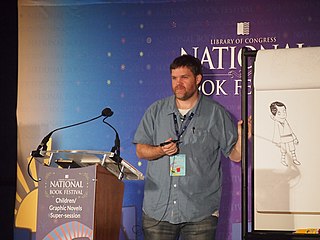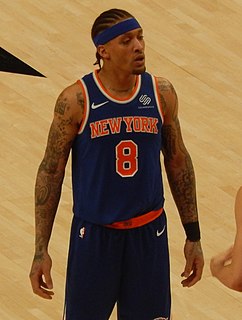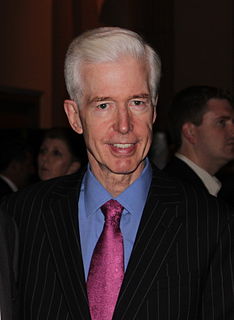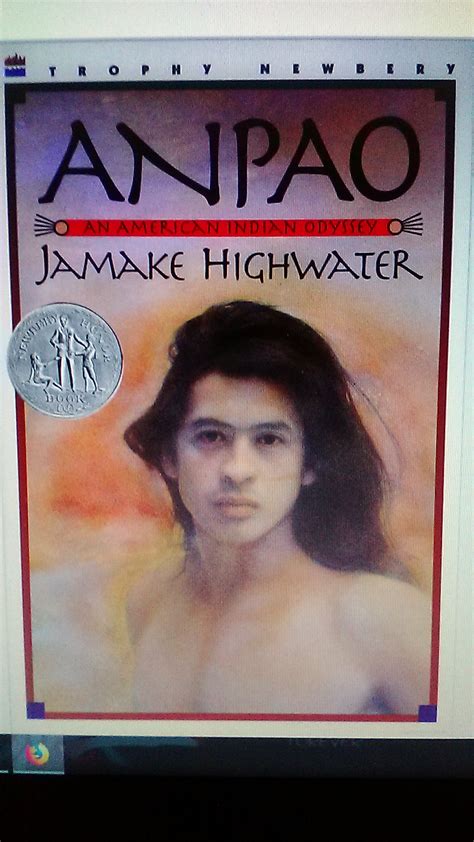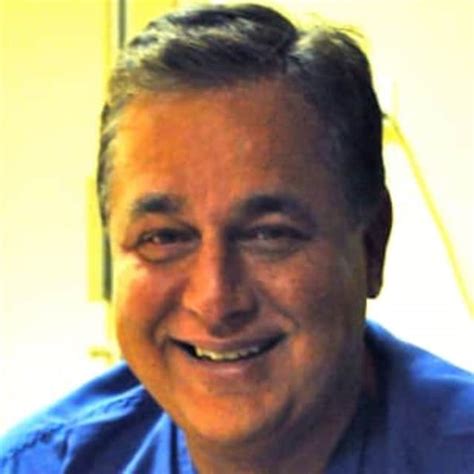A Quote by David Hare
I have a very, very good relationship with 10 percent of the audience. The only purpose of art is intimacy. That's the only point.
Related Quotes
Some people flinch when you talk about art in the context of the needs of society thinking you are introducing something far too common for a discussion of art. Why should art have a purpose and a use? Art shouldn't be concerned with purpose and reason and need, they say. These are improper. But from the very beginning, it seems to me, stories have indeed been meant to be enjoyed, to appeal to that part of us which enjoys good form and good shape and good sound.
In The Shining, you love Shelley Duvall. You love Jack Nicholson. You're let into the intimacy of that violence and it's emotional and it's physical. We're let in very close. So I think a good horror film has to pull you in very deeply inside. Halloween is a good horror film because we love Jamie Lee Curtis, we're brought very deeply in right when she's babysitting the kids. She's going from house to house, all those houses have windows that you can look in. We're a very vulnerable and exposed audience.
To me, art is the capacity to experience one's innocence: craft is how you get to that point. Maturity in a musician would be the point at which one is innocent at will. At that point the relationship between music and the musician is direct and reliable.
The relationship with music is always mysterious: when it works, you can never tell. You can never guarantee when it's going to work. You can only to put yourself in a place where it's more likely to happen.

